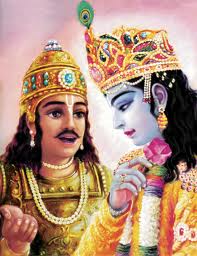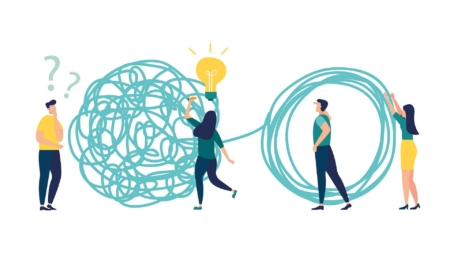Many years ago, I was a young manager joining a new organisation. The thing I remember most from that time is the welcome I got from our Vice President. After dispensing with the formalities and getting to know me a little, he moved on to telling me how I could be successful there. He asked me to remember one thing above all – ask lots of questions. He said that he’d learnt everything by asking lots of questions. In my time there, I saw him speak many times in various meetings with his staff. His core message remained the same.
He’s not the first one to offer that advice though. There has been a philosopher with that advice for each age. Sample just a few of them here:
Take the attitude of a student, never be too big to ask questions, never know too much to learn something new. ~ Og Mandino
The important thing is not to stop questioning. ~ Einstein
Judge a man by his questions rather than his answers. ~ Voltaire
Successful people ask better questions, and as a result, they get better answers. ~ Tony Robbins
The Problem:
Contrast this with the other experiences that many of us encountered while growing up and continue to encounter even today. We have all met those who become uncomfortable at being asked questions – grandparents, uncles, a parent, bosses, a colleague… Those who feel attacked when attempts are made to examine their promulgations. This behaviour is at loggerheads with all known wisdom.
Recently, I heard an ISB faculty speak at a webinar on Persuasion. He said many wonderful things but the one that struck me as most significant was when he stated that, “Meaningful dialogue is at the heart of Persuasion”.
He held up the Bhagavad Gita as an example of meaningful dialogue (incidentally at the end of which Arjuna is persuaded to kill his friends and family).
In the Bhagavad Gita Arjuna asks questions in order to understand his world better. He asks Krishna questions and does not relent for 18 chapters! Krishna answers each question with patience and understanding.
Today one can’t get to 3 questions without those who quote the Gita wringing their hands in frustration or wanting to wring your neck!
There is no dearth of questioning Arjunas in our times. The great tragedy of our times is that we don’t have enough Krishnas.
This resolution through dialogue isn’t particular to India alone.
Dialectic as a method to knowledge has been used in Ancient India as well as Ancient Greece. The dialectic of Adi Shankaracharya, of the Buddhist teachers that followed in Buddha’s footsteps and of the Sophists of Greece is the same. Meaningful dialogue, debate, uncomfortable questions have all been crucial to the development, growth and establishment of any philosophy.
Unquestioning acceptance of anything gives rise to many ills in society (and corporates). Superstitions, the Dark Ages, witch burnings, female infanticide, skewed gender ratios, terrorism, casteism, bribery, the cults of various babas, other personality cults, medical malpractice, insurance and securities fraud, bullying, subjugation, yes-men and the “sheep” mentality that exists in society and in organisations; all because people do not question enough.
A Solution:
If we are to live in a better world, a world we can make more sense of, a world that is fairer, I urge you all to question and question relentlessly. Why? How? What? And more.
It’s not just me; even the Buddha encouraged his disciples to question relentlessly. He is quoted in the Ghanavyuhasutra as saying, “Do not accept my Dharma merely out of respect for me, but analyse and check it the way a goldsmith analyses gold, by rubbing, cutting and melting it.“
Do not worry if it makes someone uncomfortable or makes them lose patience. They are not a Buddha or a Krishna or a Socrates.
Allow me to paraphrase another of my favourite Einstein quotes – “If they can’t explain it simply enough, they haven’t understood it well enough”.
Keep looking. Keep asking questions. When you meet someone who gives you satisfactory answers you will know that you have found your Buddha.
By Aman Zaidi









